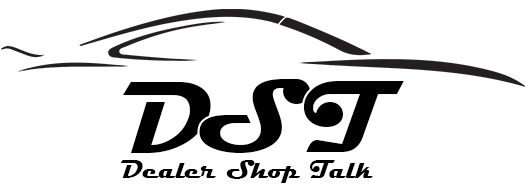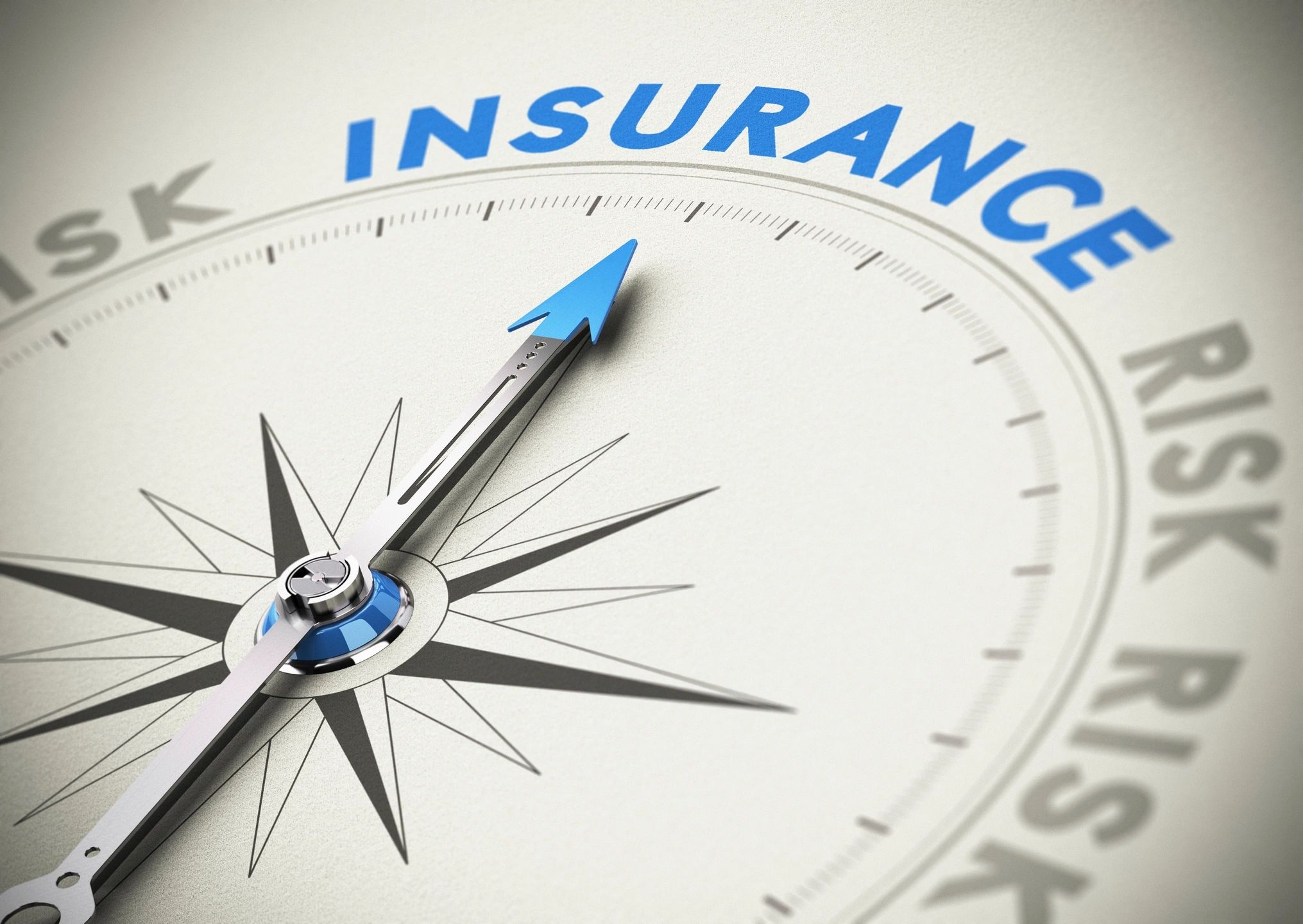Shopping for commercial liability insurance is not necessarily what business owners dream about while they chase their dream. Many people starting a business don’t even know the options they have an how it could protect their business.
How can you save on business insurance?
Here are a few tips to help you save when shopping for a policy for your business. You shouldn’t have to call a dozen insurance agencies to find the right price and fit. It’s about shopping smarter, not harder.
1. Be fully covered.
You should have your business insured to the full value of its property and the full extent of its liability. This means you should have payroll figures, a list of employees and their dates of birth, and the values of any equipment or vehicles you’d like to schedule ready for your agent to quote.
Leaving yourself exposed while applying for an insurance policy is like putting on the seat belt halfway. It may seem like leaving employees and property off of your policy will save money, but it could cost you thousands of dollars after you pay for potential liability that’s excluded from your insurance policy. Make sure you’re fully covered!
2. Weigh the benefits of minimums and endorsements.
Some states require businesses to carry commercial policies, such as garage liability. These states set minimums for liability coverage that businesses must fulfill to receive a license. First, you should know what your state minimums are. Second, you need the think critically about those state minimums.
For example, most states require used motor vehicle dealers to carry $125,000 in garage liability coverage. Florida, however, requires a minimum of $25,000 in liability coverage. This limit may save on premium, but it’s also light on coverage. $25,000 may cover the cost of a vehicle you damage in a wreck, but may not come close to scraping the cost of bodily injury to people involved in an accident. Consider increasing the limit.
Furthermore, some endorsements may cost a few additional dollars per month, but save you thousands. Some uninsured motorist endorsements could be less than $80 for a 12-month policy for $75,000 in coverage.
3. Pay attention to your agency’s customer service.
Your insurance agent and their customer service representatives are the people you’ll dealer with the most when you’re dealing with your insurance policy.
First, make sure your agent actually corresponds with you and doesn’t leave everything to their CSR. Second, make sure they have your business’s best interest at heart. Finally, make sure they respond to your emails and phone calls in a reasonable amount of time.
4. Finance or pay in full?
Some insurance companies will allow you to pay for your insurance policy’s total annual premium, upfront. This could save you money in finance charges and potential fees down the road. It’s worth considering if you can spare the expense.
5. Understand your previous insurance history.
Insurance companies are done taking their insured’s word when it comes to previous business insurance claims. More than ever before, insurance companies want to see a report of claims from your previous policies. You should contact your current and previous carriers for “loss runs” or claims reports before you shop. You may not need them to get a quote, but you’ll need them to bind your policy officially.
In addition, you should know the difference between your insurance agency, the managing general agency, and the insurance carrier. The agency brokers the insurance policy, the MGA underwrites the premium, and the carrier actually provides coverage.

